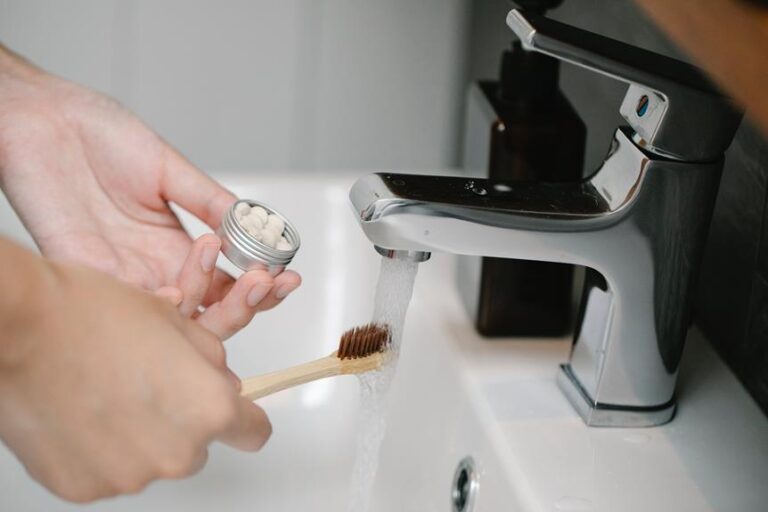Affordable Eco-Friendly Insulation: An In-Depth Analysis
Looking for an eco-friendly way to insulate your home? You’re in luck! Did you know that 25% of heat loss in houses occurs through the roof? But with affordable eco-friendly insulation options, you can keep your home cozy and reduce your energy bills.
In this article, we’ll explore five types of insulation, including natural fiber, recycled denim, hemp, cellulose, and aerogel. Get ready to make your home more energy-efficient and join the community of environmentally conscious homeowners.
Natural Fiber Insulation
Natural fiber insulation offers an affordable and environmentally friendly option for insulating your home. Two popular types of natural fiber insulation are sustainable cork insulation and bamboo fiber insulation.
Cork insulation is made from the bark of cork oak trees, which can be harvested without harming the tree. It’s a renewable resource and has excellent thermal and acoustic insulation properties. Cork insulation is also resistant to mold, mildew, and pests.
Bamboo fiber insulation, on the other hand, is made from the fast-growing and highly renewable bamboo plant. It’s lightweight, easy to install, and provides excellent thermal and sound insulation. Bamboo fiber insulation is also moisture resistant and has natural anti-bacterial properties.
Both sustainable cork and bamboo fiber insulation are great choices for those looking to insulate their homes in an eco-friendly and cost-effective way.
Recycled Denim Insulation
You can choose recycled denim insulation as a sustainable and cost-effective option for insulating your home. Recycled denim insulation is made from discarded denim jeans, diverting them from landfills and reducing waste. The denim recycling process involves shredding the jeans into small pieces and then treating them with borate, a natural fire retardant. This process creates a fluffy, cotton-like material that’s then used to insulate walls, floors, and ceilings.
There are several benefits of using recycled denim insulation. Firstly, it provides excellent thermal insulation, keeping your home warm in the winter and cool in the summer. Additionally, it has excellent sound absorption properties, reducing noise pollution and creating a quieter living environment. Recycled denim insulation is also non-toxic, making it safe for both the environment and your family. Furthermore, it’s mold and pest resistant, ensuring a healthier living space.
Lastly, using recycled denim insulation supports sustainable practices and reduces your carbon footprint. By choosing this eco-friendly option, you can contribute to a greener future while enjoying the comfort and cost savings it offers.
Hemp Insulation
Hemp insulation offers another sustainable and cost-effective option for insulating your home, building upon the benefits of recycled denim insulation. It is a natural fiber derived from the cannabis plant and is known for its remarkable sustainability benefits. It’s grown without the need for chemical pesticides or fertilizers, making it an environmentally friendly choice.
Hemp insulation also has excellent thermal properties, providing effective insulation for your home while reducing energy consumption.
The installation process for hemp insulation is relatively straightforward. It can be installed in a similar manner to other types of insulation, such as batts or loose-fill. For walls, hemp insulation can be fitted between the studs, ensuring a tight and secure fit. It’s important to follow the manufacturer’s instructions for proper installation to maximize the insulation’s effectiveness.
Cellulose Insulation
Cellulose insulation, an affordable and eco-friendly option, offers numerous benefits for insulating your home. Here are some advantages of using cellulose insulation:
- Effective thermal insulation: Cellulose insulation has a high R-value, meaning it can effectively resist heat flow and keep your home comfortable year-round.
- Soundproofing properties: The dense composition of cellulose insulation helps reduce noise transmission, providing a quieter living environment.
- Fire resistance: Cellulose insulation is treated with fire-retardant chemicals, making it highly resistant to fire and a safer choice for your home.
- Environmentally friendly: Cellulose insulation is made from recycled paper products, reducing waste and promoting sustainability.
The installation process of cellulose insulation involves blowing or spraying the material into wall cavities or attics. It can be done by professionals or as a DIY project, depending on your preference and skill level.
Aerogel Insulation
Moving on to the next eco-friendly insulation option, let’s delve into the benefits of aerogel insulation.
Aerogel is a lightweight and highly efficient insulation material known for its exceptional thermal performance and minimal environmental impact. One of the major advantages of aerogel insulation is its high R-value, which measures its ability to resist heat transfer. With an R-value of around 10 per inch, aerogel insulation provides superior thermal resistance compared to other insulation materials.
Additionally, aerogel insulation is moisture-resistant, making it ideal for areas prone to condensation or high humidity levels. However, there are some downsides to consider. One of the main drawbacks of aerogel insulation is its high cost, which can be prohibitive for some homeowners. Furthermore, the installation process can be complex and may require professional expertise to ensure proper application and maximum effectiveness.
Despite these challenges, aerogel insulation offers significant benefits for those seeking an eco-friendly and energy-efficient insulation solution.
Conclusion
When it comes to affordable eco-friendly insulation options, there are several choices available. Natural fiber insulation, recycled denim insulation, hemp insulation, cellulose insulation, and aerogel insulation all offer unique benefits and sustainability features.
Whether you prioritize renewable resources, recycled materials, or energy efficiency, there’s an insulation option suitable for your needs. By choosing eco-friendly insulation, not only can you save on energy costs but also contribute to a greener and more sustainable future.






One Comment
Comments are closed.